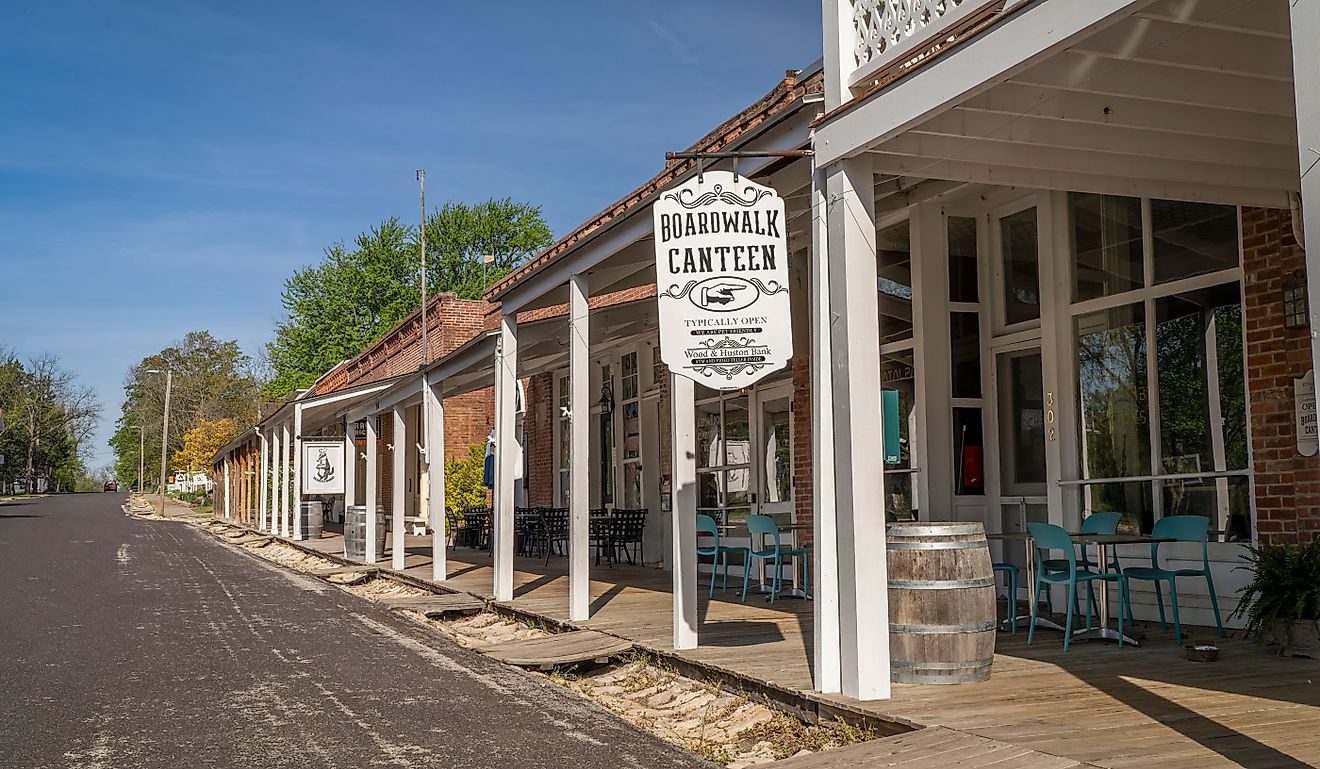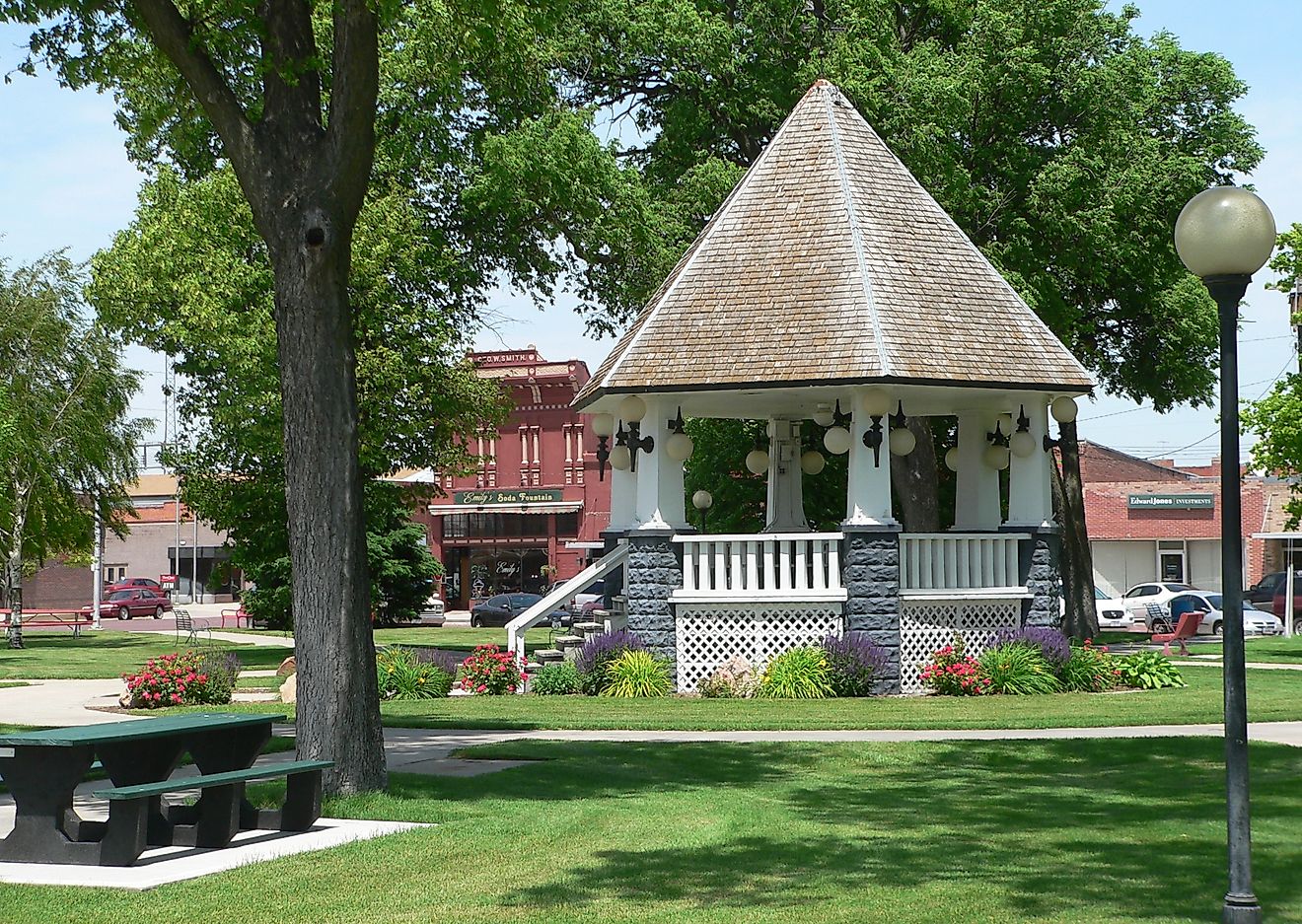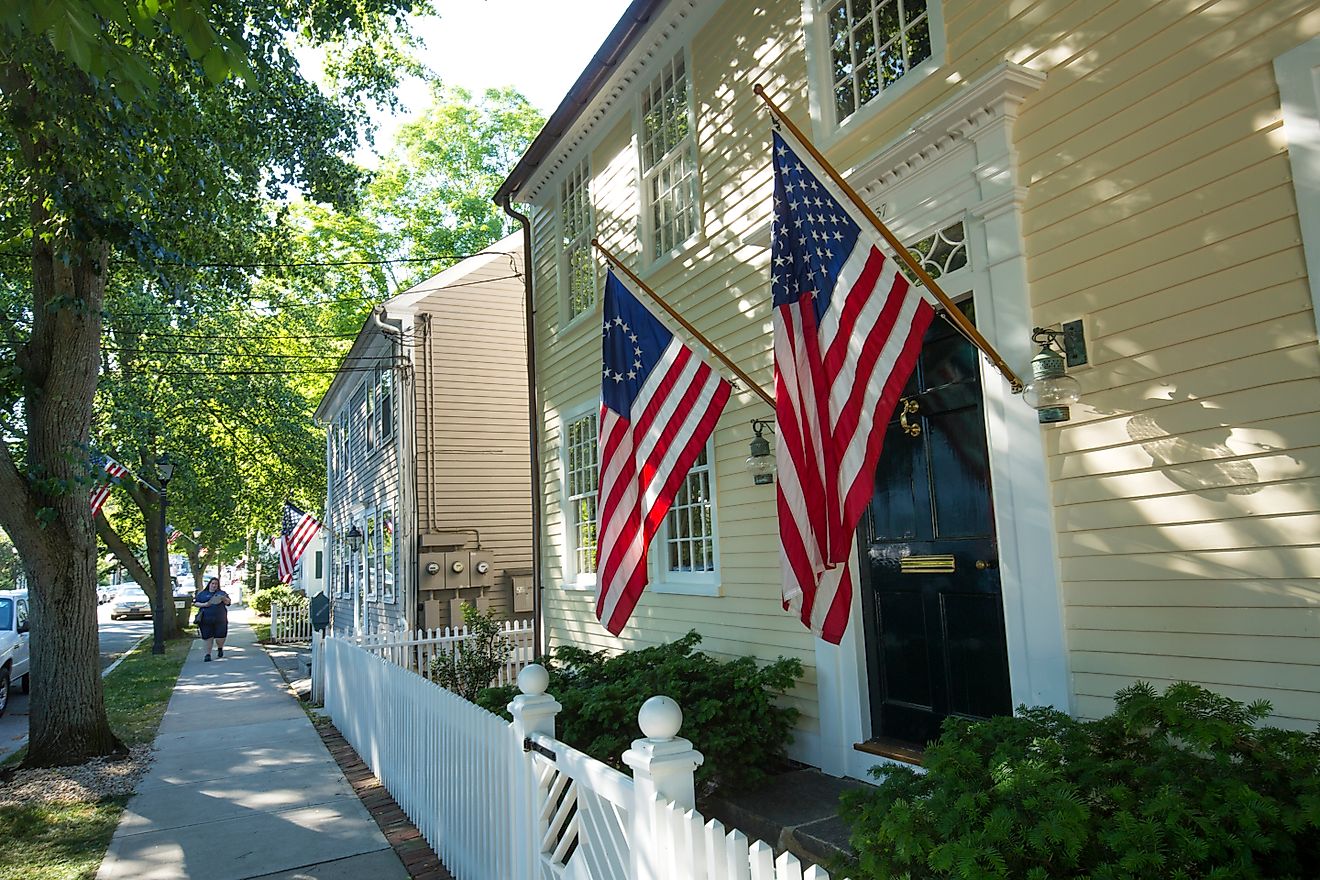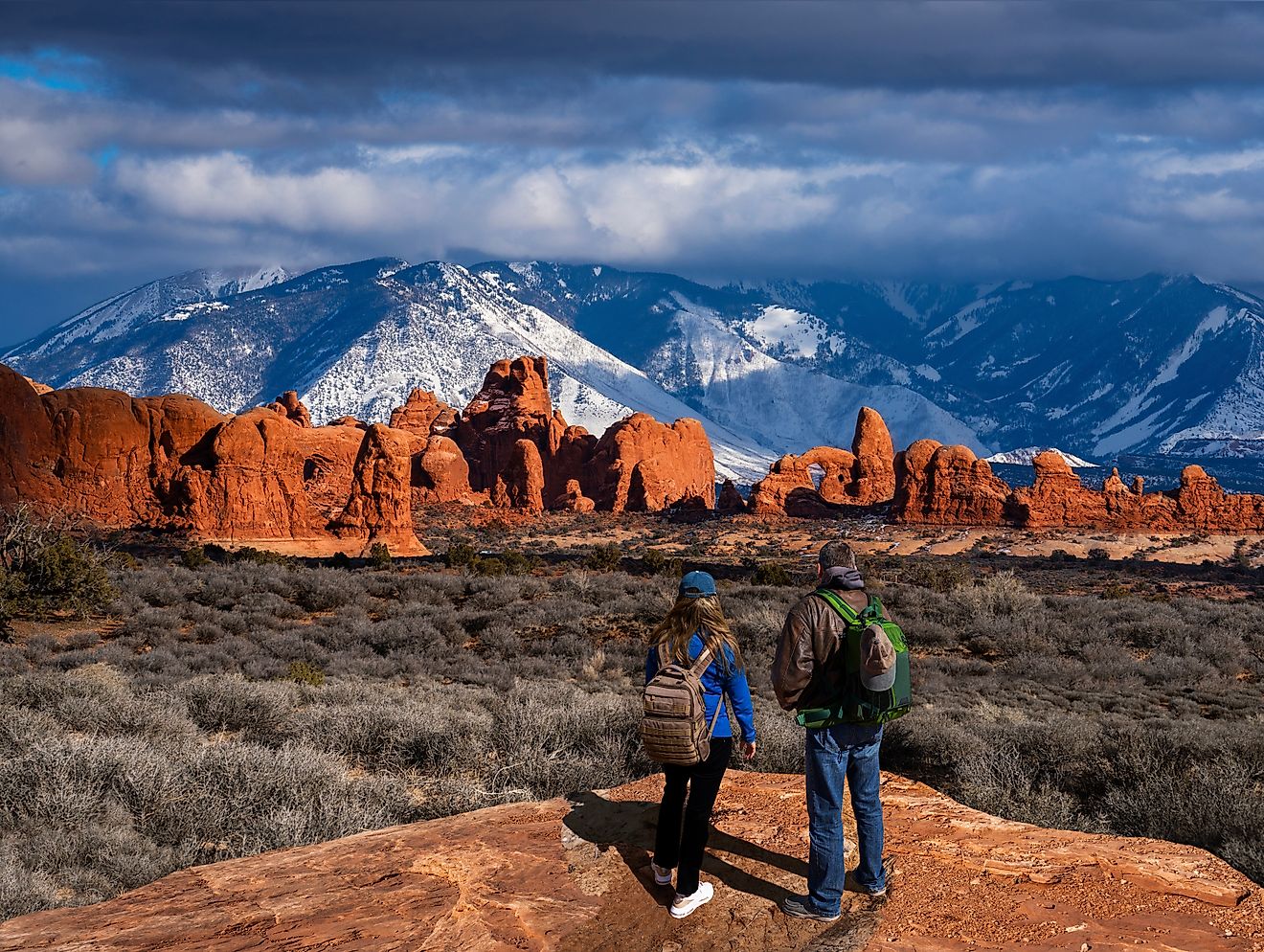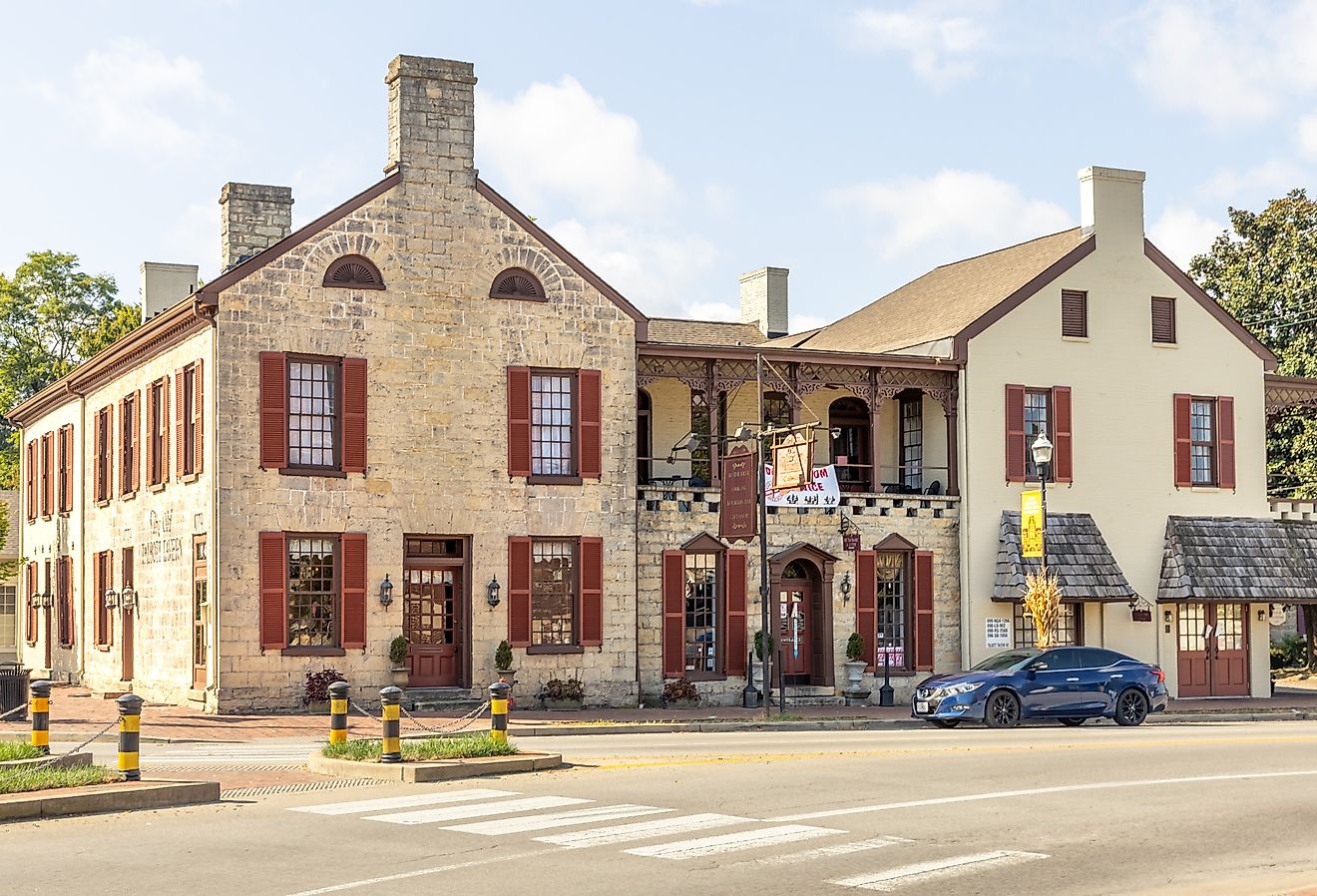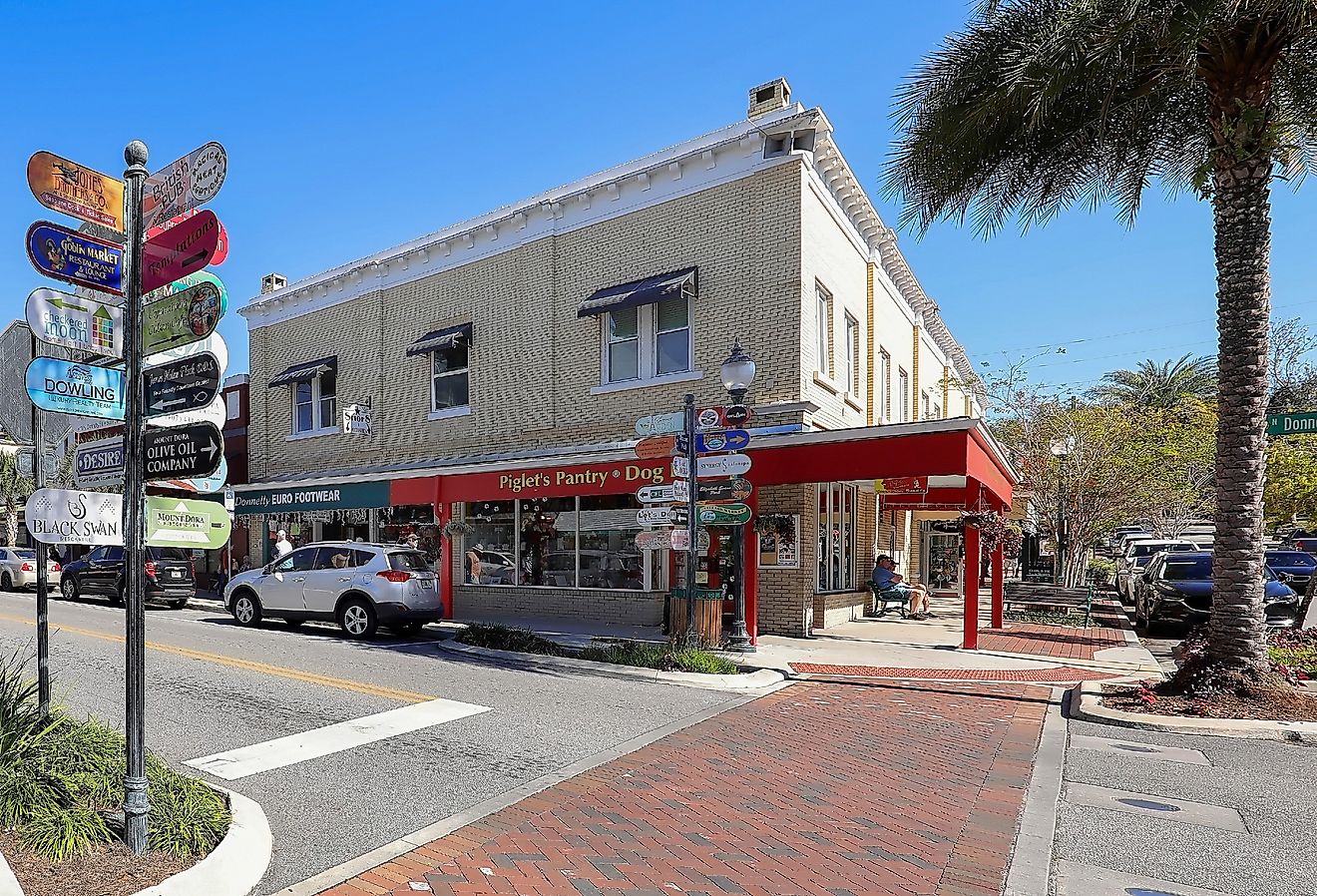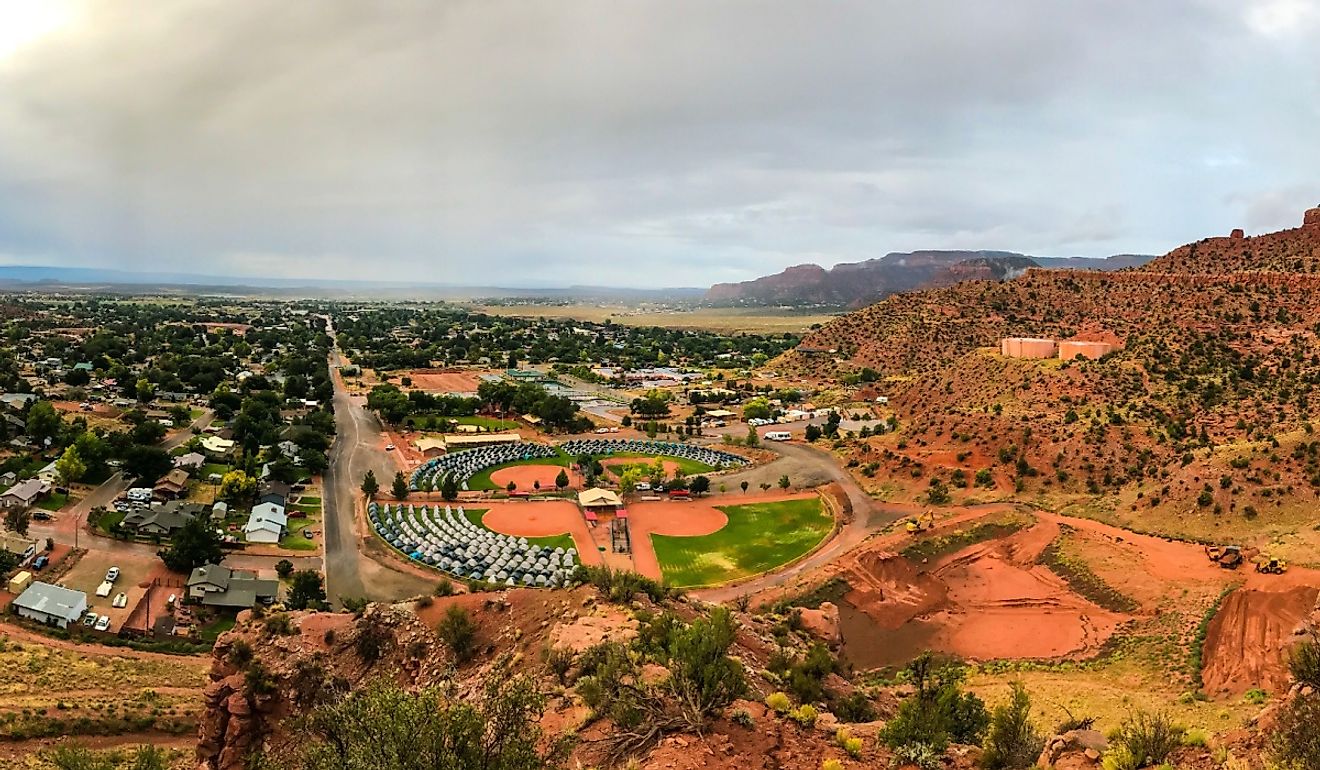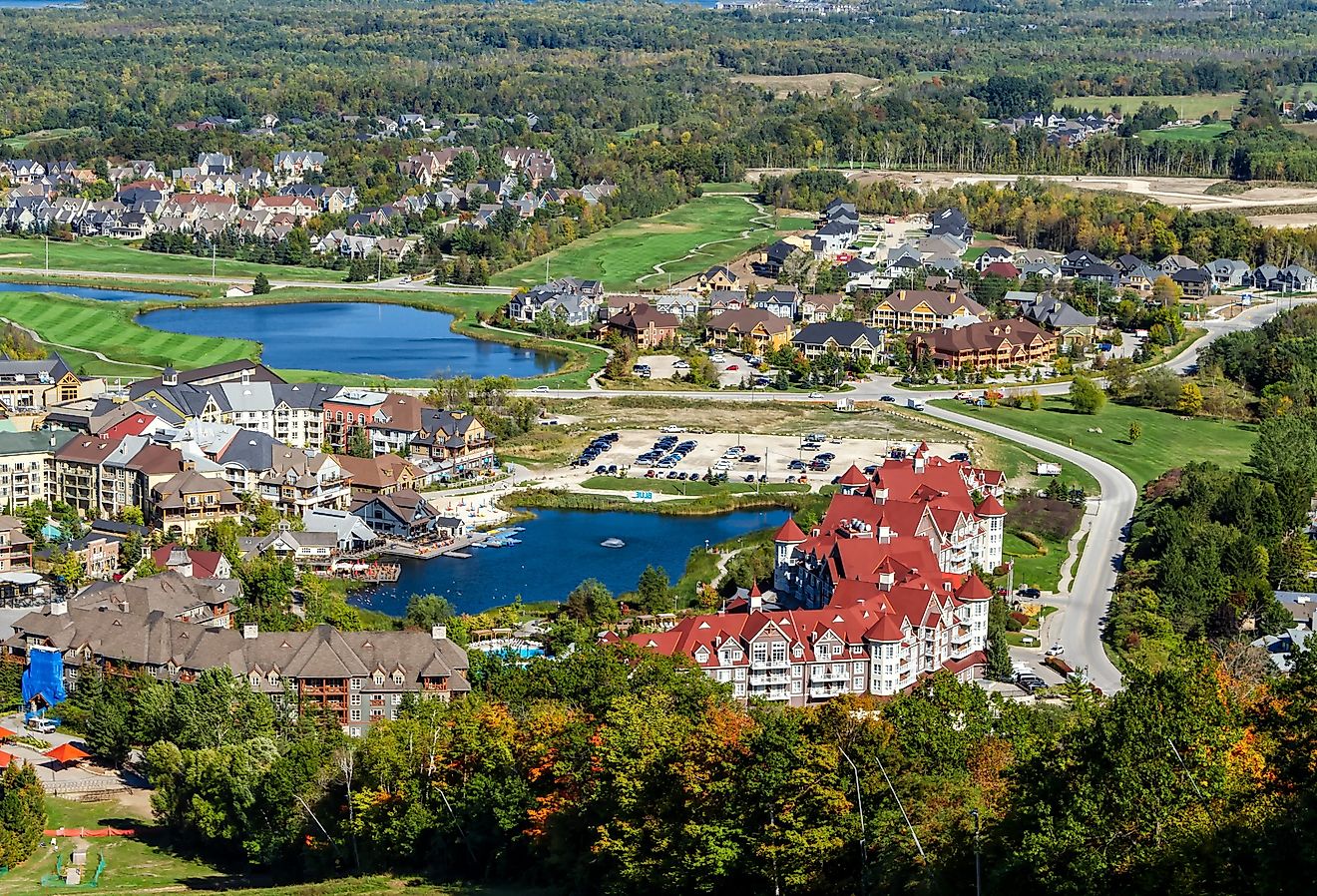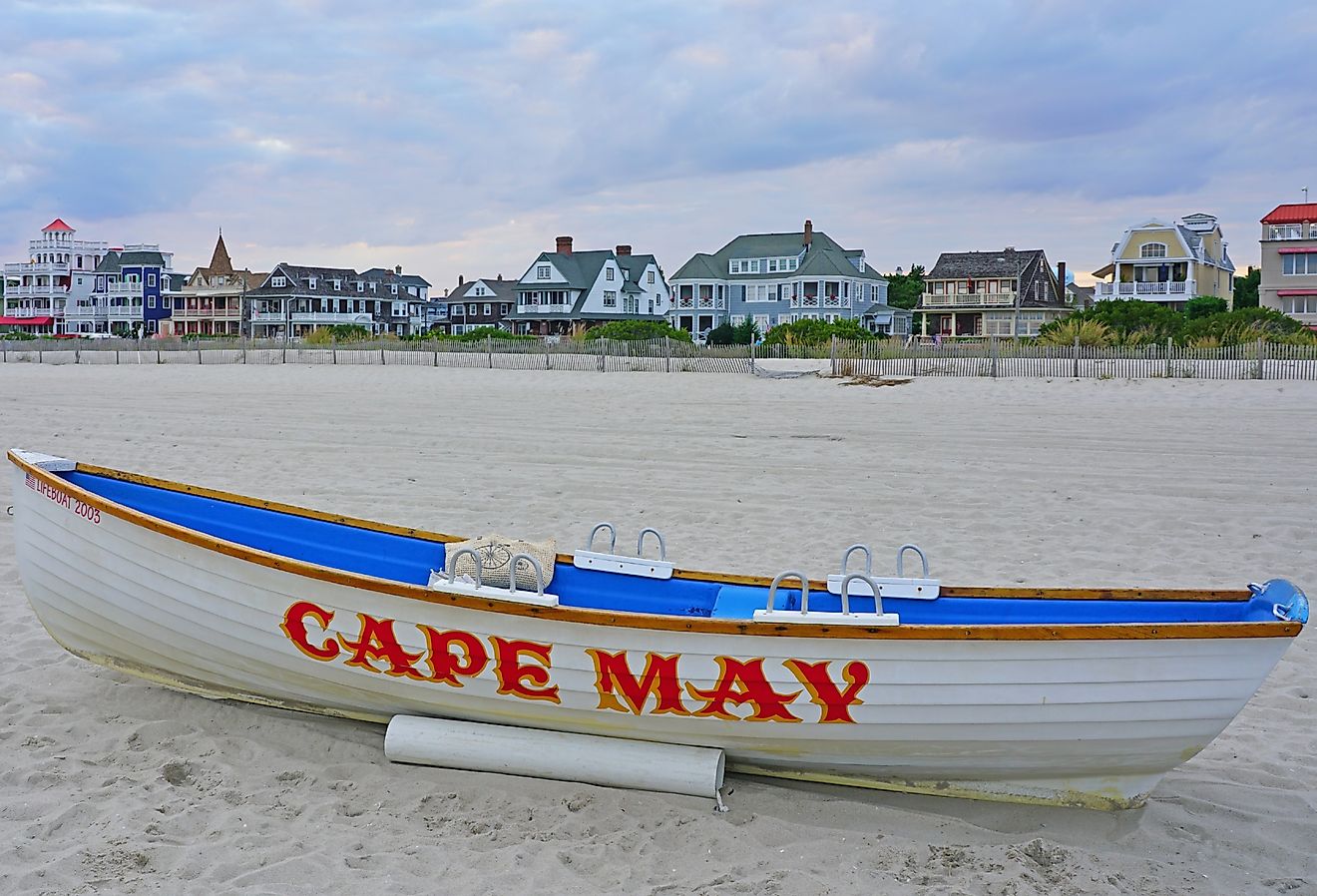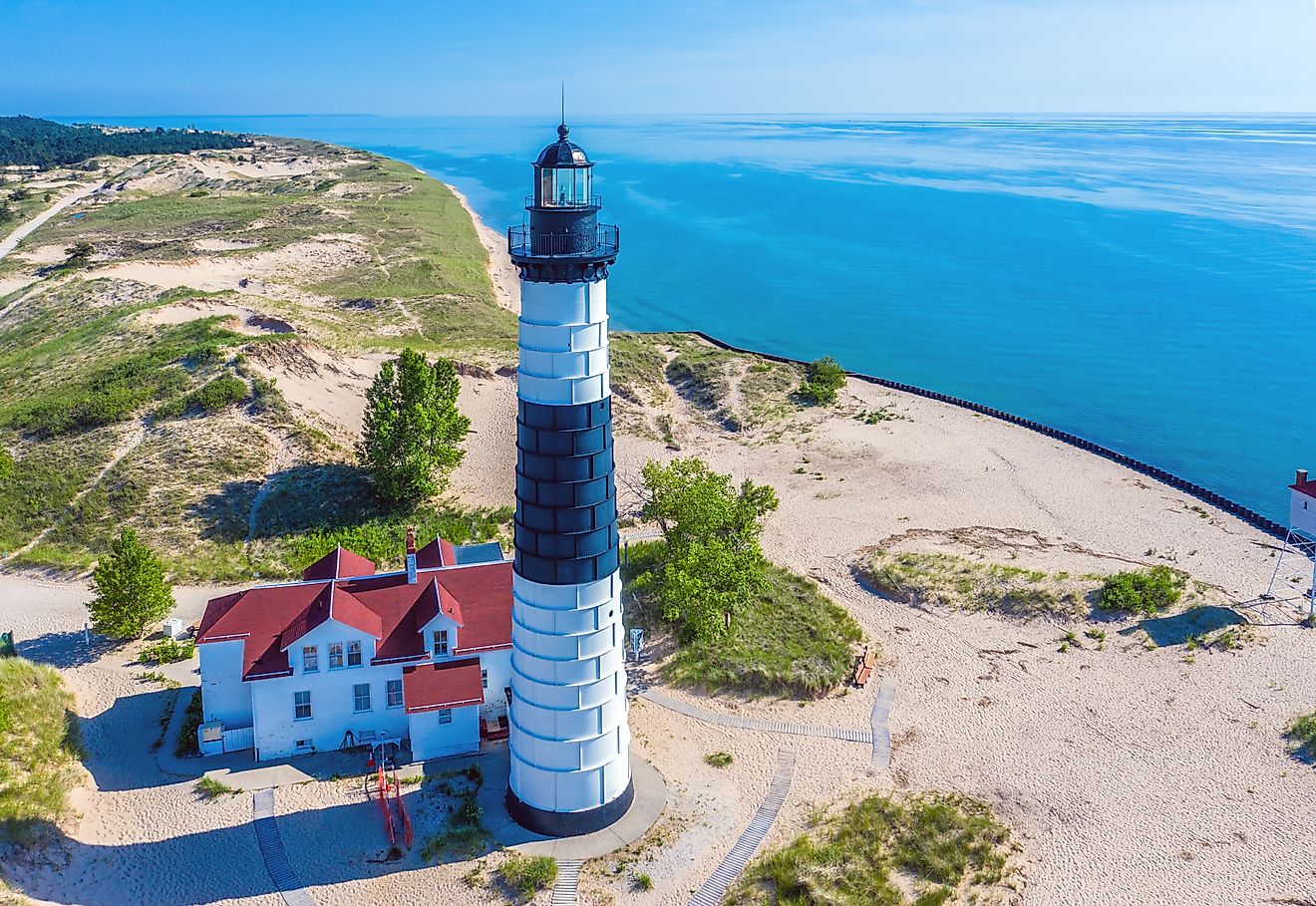
8 Oldest Founded Towns To Visit In Tennessee
Tennessee was initially part of North Carolina and later part of the Southwest Territory. Today, Tennessee's history permeates the air within these ancient towns and attracts millions every year. Whether you are a history buff or just enjoy the historic ambiance, you are sure to be charmed by the architecture and brick sidewalks in the downtown districts. From the Johnny Cash Museum in Nashville to the wonderful Great Smoky Mountains National Park near Knoxville, These eight towns are the oldest in the state and boast impressive historic districts that encapsulate the remarkable transformations from colonial settlements to bustling cities and lovely small towns.
Jonesborough
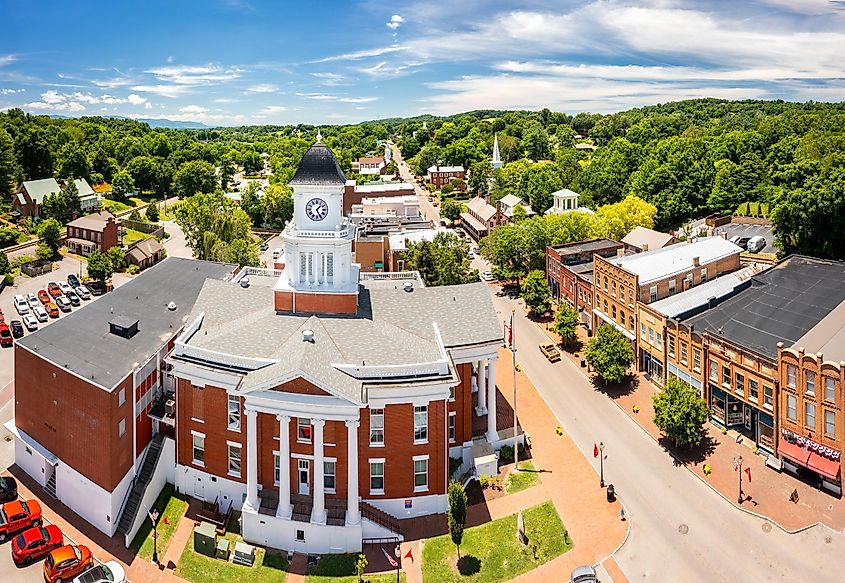
Entering Historic Jonesborough is like taking a journey into the past. Jonesborough is Tennessee's oldest town, founded in the valleys of the Appalachian range in 1779. Jonesborough has leaned toward putting out the welcome mat to Jewish immigrants and their businesses in the 1850s when they were discriminated against elsewhere. In 1820, the first periodical exclusively devoted to abolishing slavery was published here. In 1969, Jonesborough's historic district was recognized by the National Register of Historic Places. Its buildings range from the 21st to 18th centuries with architectural styles that include Victorian, Federal, Greek Revival, Craftsman, and Italianate, in addition to its brick sidewalks. Green spaces are dotted around the town blocks, providing ample opportunities to rest and appreciate the town's relaxing feel.
Nashville

Nashville, the state capital of Tennessee, was founded in 1779, making it the second oldest city in the state. The town grew quickly due to its central and strategic location as a port and railroad center along the Cumberland River. This region, between the Ohio and Tennessee Rivers, was a hunting ground for many tribes, such as the Shawnee, that were later challenged by the Cherokee and Chickasaw. Initially named Nashborough in honor of Francis Nash, an important general of the Continental Army who served during the American Revolutionary War, it was later incorporated as the town of Nashville in 1784. Today, Nashville is known worldwide as the "Music City" thanks to its numerous music venues, from the Grand Ole Opry to Bridgestone Arena. The city is also home to the Johnny Cash Museum, the historic RCA Studio B and Museum, and the Country Music Hall of Fame, as well as being the headquarters of many record companies and music publishers.
Dandridge
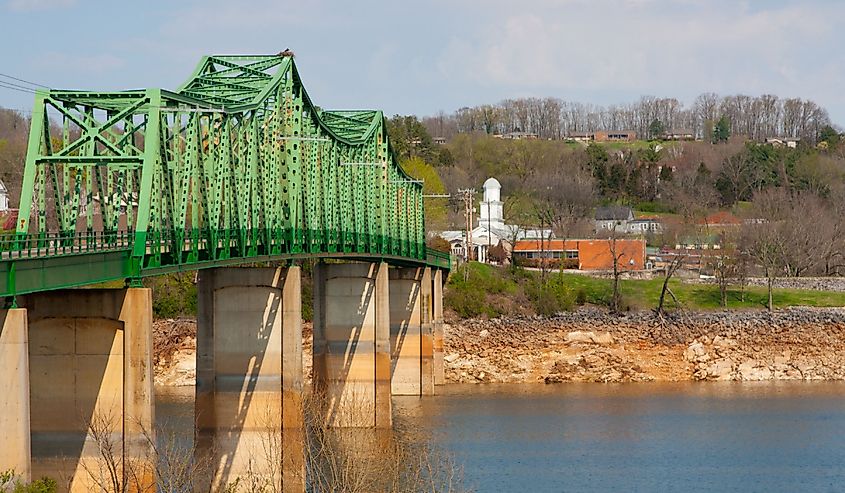
Founded in 1783 and later incorporated in 1799, Dandridge is the third oldest town in Tennessee. The attractiveness of the French Broad River and its spring convinced the first permanent settlers to choose the Dandridge area to settle. Quickly after, Governor William Blount recognized Dandridge's quick growth and created the new county of Jefferson, of which the town is still the seat. Because of the Manhattan Project in 1942, Plutonium and uranium were being tested to develop the first atomic bombs 50 miles northwest, requiring massive amounts of power. To meet demand, the creation of Douglas Lake and its hydroelectric power plant threatened downtown Dandridge, which could have disappeared below the initially proposed water level. Nowadays, Dandridge has a considerable appeal for those looking to experience the beautiful landscape of Tennessee and the kindness of its citizens.
Greeneville
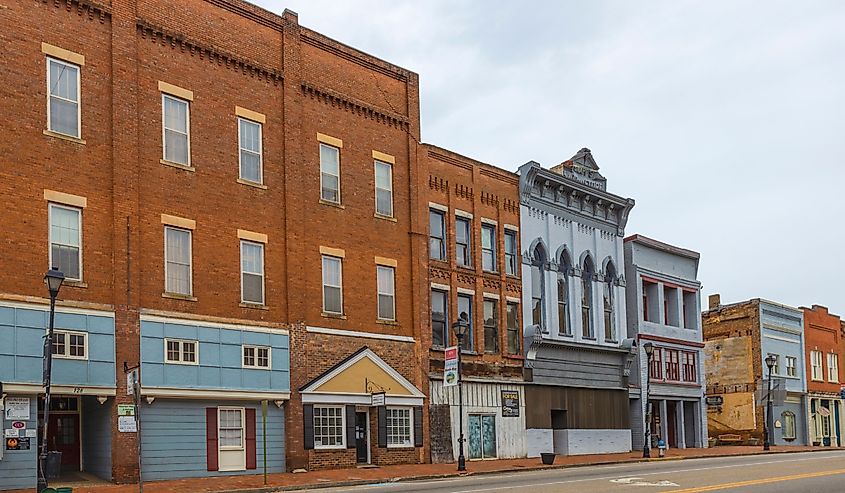
Originally part of North Carolina, Greeneville was founded in 1783 by Robert Kerr, a Scotch-Irish settler, who named it for Nathanael Greene, the American Revolutionary War general. The short-lived state of Franklin had it as its capital from 1785 to 1788. Greeneville is the birthplace of President Andrew Johnson, and his grave and tailor shop are recognized as a national historic site. Recently, Greeneville has been an agriculture center with prolific tobacco production, which the initial establishment of the Tobacco Experiment Station of the University of Tennessee primarily enabled.
Clarksville

Frontier fighter and Revolutionary War hero General George Rogers Clark inspired the name Clarksville. The city was founded in 1785 and was later incorporated in 1807. As such, it is the fifth oldest city in Tennessee. Local Native American bands frequently targeted the village, and the Sevier family, Tennessee's first governors, lost several members to such attacks. Thanks to its convenient location along the Cumberland River, Greeneville developed as a river depot for tobacco of the local dark-fired variety. Clarksville is the home of The Leaf-Chronicle, the oldest newspaper in Tennessee. It also hosts the nearby Fort Campbell, United States Army post and site of the 101st Airborne Division.
Rogersville

Once a part of the famous Wilderness Road, downtown Rogersville is still home to Federal-style buildings surrounding the town square. The town has remained mostly intact since its founding in 1789. In 1785, the state of Franklin arranged Spencer County, which included present-day Hawkins County and declared Rogersville as its seat. In 1786, the territory was contested between Franklin and North Carolina and finally ended up becoming the modern Hawkins County. Rogersville flourished due to its tightly connected location to Atlanta and Washington, DC, with routes to Kentucky and the Cumberland settlements. Settled by the grandparents of American hero Davy Crockett and named after its founder, Joseph Rogers, in 1775, Rogersville has had an illustrious history and still manifests its elegant past in its homes and buildings and in the friendly manner of its citizens.
Knoxville

Knoxville is the county seat of Knox County and is known for being the first capital of Tennessee. The town was founded in 1791 by the George Washington administration and, witnessed the birth of Tennessee and was the designed capital of the new Southwestern Territory. The arrival of the railroad in 1855 led to a significant economic boom. Knoxville is also home to the large campus of the University of Tennessee, one of the oldest state universities in the nation (open since 1794). As one of the biggest cities in the Appalachian region, Knoxville has become a repository of Appalachian culture and is a wonderful gateway to the Great Smoky Mountains National Park.
Maryville

What once was just a bunch of cabins (now known as Fort Craig) was the seed planted by Revolutionary War veteran John Craig in 1785 that grew into Maryville in 1795. The village was named in honor of Mary Grainger Blount, wife of the county governor William Blount. Maryville was a center of abolitionist activity largely generated by the Society of Friends throughout the early 19th century. During the Civil War, much of Maryville was damaged, and many buildings surrounding the courthouse were destroyed. Today, Historic Maryville is a gateway to the Smokies and a lovely college town with an inspiring art scene with the Clayton Center for the Arts concert venues as the main attractions.
There's no doubt that Tennessee is rich in history, with the state's past fully enclosing every town. Like the University of Tennessee in Knoxville, the birthplace of President Andrew Johnson in Greeneville, or the plentiful historic buildings in downtown Jonesborough with their varied architectural styles, Tennessee holds much to experience and re-discover. So, if you're looking to explore Tennessee's legacy, be sure to consider these old and charming cities.
